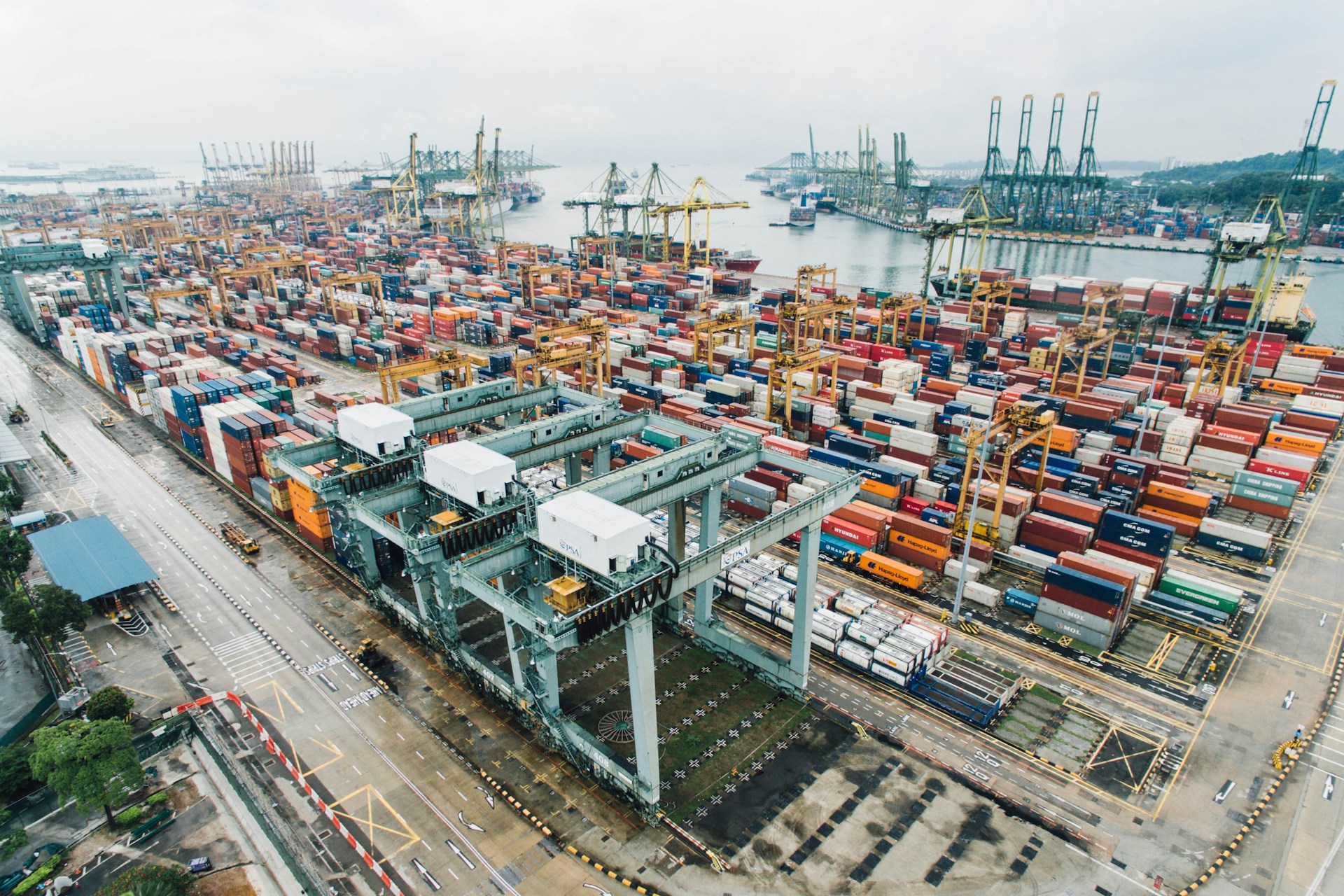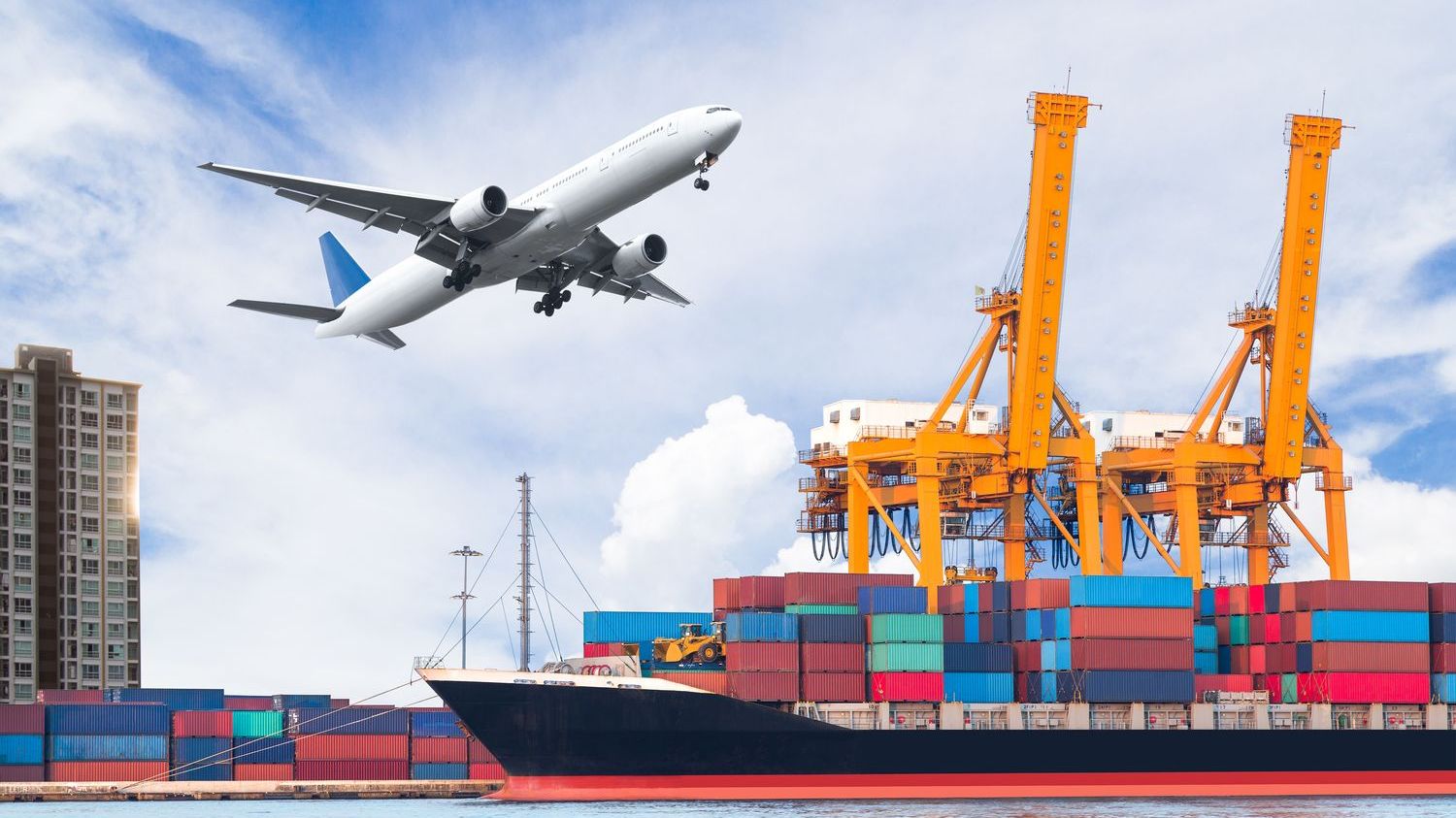When it comes to international trade, understanding the nuances of different trade terms is crucial for businesses to navigate the complexities of global transactions. Two such commonly used terms are Free Carrier (FCA) and Free on Board (FOB), both of which play a pivotal role in defining the responsibilities and costs involved in the shipment process. In this article, we will delve into the differences between FCA and FOB, highlighting their implications and providing insights into how XRGLOBAL, a forward-thinking logistics partner, can assist in managing these transactions effectively.
FCA, short for Free Carrier, refers to a trade术语 where the responsibility for the goods shifts from the seller to the buyer once the goods are placed at the named place, usually a terminal or warehouse, ready for the buyer’s carrier. Under this arrangement, the seller is responsible for arranging the transportation to the designated point, including loading the goods onto the carrier’s vehicle. However, once the goods are loaded, the buyer takes over all risks and costs associated with the shipment. It’s essential to note that FCA does not specify the mode of transport, allowing buyers to choose their preferred carrier.
On the other hand, FOB, or Free On Board, is a more specific trade term that outlines the transfer of responsibility and risk at a specific location, typically a port or a vessel. With FOB, the seller is responsible for delivering the goods to the named port or vessel, where they need to be loaded onto the buyer’s nominated vessel or freight carrier. Once the goods cross the ship’s rail, the buyer assumes all risks, liabilities, and costs, including customs clearance and insurance. This term is commonly used in maritime trade, as it clearly defines the point at which the buyer takes over the goods and the associated expenses.
One significant difference between FCA and FOB lies in the location of responsibility transfer. FCA places the responsibility at a more inland location, whereas FOB occurs at a maritime port. This distinction affects the parties’ obligations regarding customs clearance, documentation, and insurance coverage. Under FCA, the seller might be required to handle customs procedures, while under FOB, the buyer typically handles these tasks.
Another difference lies in the level of risk and responsibility assumed by each party. With FCA, the buyer assumes the risk of loss or damage during transportation once the goods are loaded onto the carrier, whereas under FOB, the risk passes to the buyer once the goods cross the ship’s rail. This means that FOB buyers are generally more exposed to potential risks associated with transportation, whereas FCA buyers have a more defined risk profile.
XRGLOBAL, a logistics and supply chain management company, understands the complexities of these trade terms and offers tailored solutions to streamline international transactions. Their expertise in navigating FCA and FOB arrangements ensures that clients are well-informed about their respective responsibilities and costs. By leveraging their global network, XRGLOBAL can help manage the entire process, from sourcing to delivery, minimizing potential risks and optimizing costs.
For instance, XRGLOBAL can assist sellers in selecting the most suitable FCA location based on their customer’s requirements and provide guidance on local regulations and compliance. They can also arrange for the necessary transportation and handling services to ensure a smooth transition from the seller’s premises to the carrier. On the buyer’s side, XRGLOBAL can handle customs clearance, insurance, and documentation, giving them peace of mind knowing that their interests are protected.
Moreover, XRGLOBAL‘s technology-driven platform enables real-time tracking and monitoring of shipments, providing transparency and visibility throughout the supply chain. This feature is particularly valuable when dealing with FOB transactions, as it allows buyers to stay informed about their goods’ progress and promptly address any issues that may arise.
In conclusion, FCA and FOB are essential trade terms that define the responsibilities and costs involved in international trade. While FCA shifts the risk at an inland location, FOB does so at a maritime port. Understanding these differences is crucial for businesses to make informed decisions and mitigate potential risks. XRGLOBAL, with its comprehensive logistics solutions and global expertise, plays a vital role in assisting companies navigate these complexities and achieve seamless international transactions. By partnering with XRGLOBAL, businesses can focus on their core competencies while entrusting the logistics aspects to a trusted partner.



